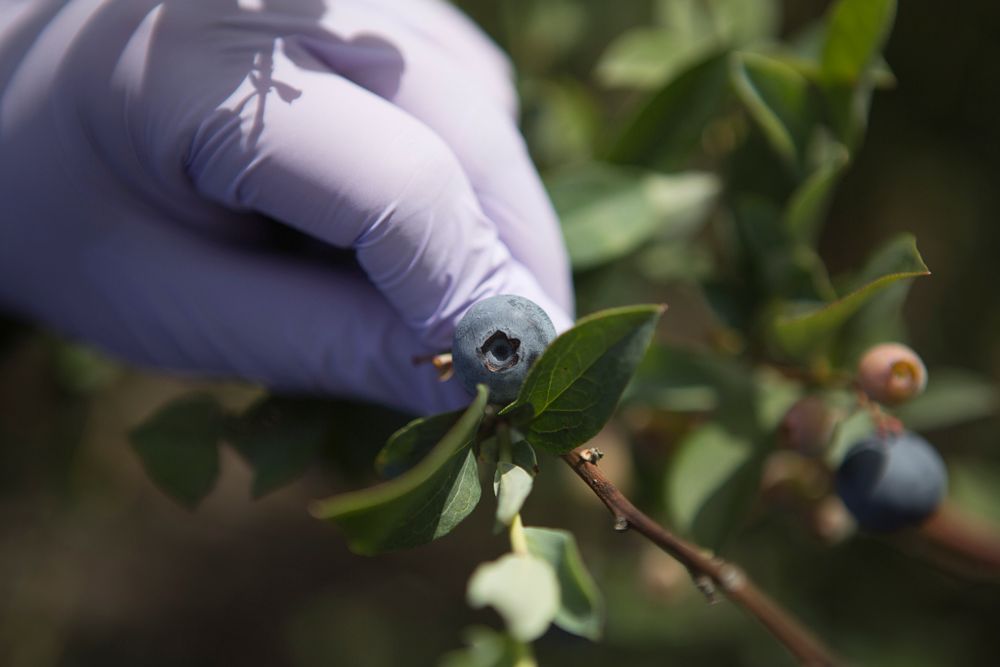 CAES News
CAES News
Organic Shelf Life
Organic fruits and vegetables often face a higher risk of spoiling and harboring foodborne pathogens than their conventional farming counterparts. Because organic growers and packers must adhere to higher production standards and restrictions on chemical additives, University of Georgia experts are exploring alternative methods for protecting organic products and consumers through a new $3.5 million grant from the United States Department of Agriculture.









